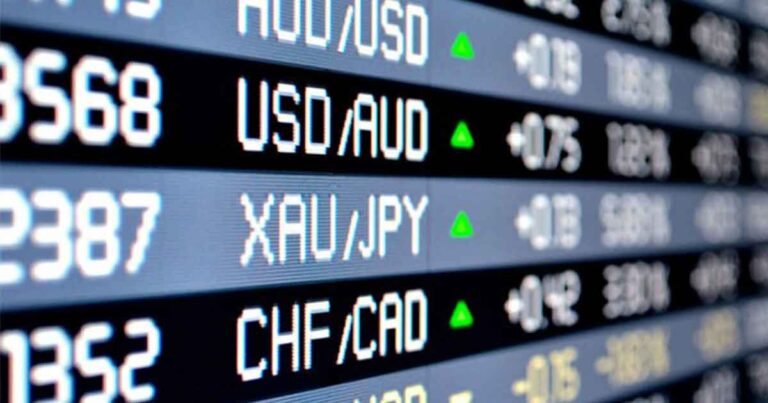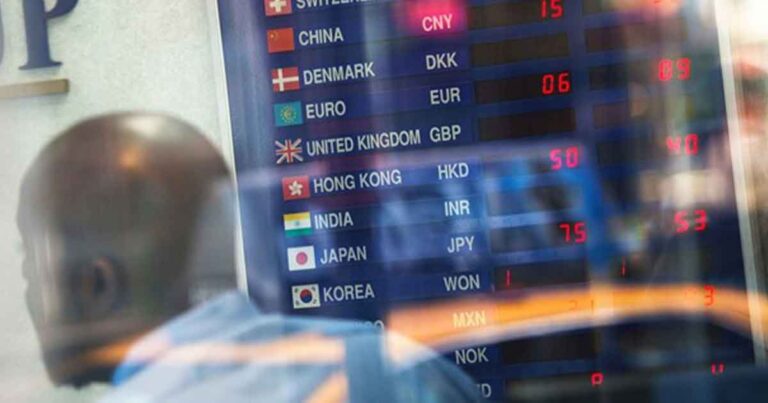Foreign Currency Exchange Rates: Have you ever wondered how foreign currency exchange rates are established and what causes fluctuations in foreign exchange rates? Foreign currency exchange rates are one of the leading factors in any country's economy and hence are of immense importance for government, financial institutions and investors. Fluctuations in exchange rates have significant …










